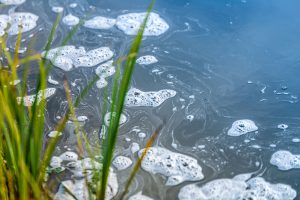The use of chemicals in modern society, in almost all production processes, makes the chemical sector one of the most important and globalized in the world economy. However, the essential contribution of these substances must be balanced with the identification of potential costs. These include the intensive use of water and energy as well as possible risks and negative impacts on the environment and human health. The diversity and potential gravity of these impacts make the management of chemicals an essential cross-cutting issue for sustainable development.
Consumers and users, if properly informed, can make a significant contribution to reducing risks, including through an informed choice of products and their responsible use.
The limitation of any damage to health and the environment can be guaranteed by the evaluation and management of substances throughout the entire life cycle, from production, to disposal, to reuse.
The Istituto Superiore di Sanità (ISS, the National Institute of Health in Italy) has a leading role in the Italian and European context in research, evaluation, management, control and regulation in the sector of chemicals and products and helps to protect human health by promoting innovation and competitiveness.
The ISS assesses the dangers and risks associated with substances and chemicals and is the national reference for the prevention and surveillance of dangerous exposures and intoxications, and for the national control plans and coordinates the network of national laboratories.
It also represents the technical-scientific interface of the European Chemicals Agency (ECHA), addressing emerging issues related to the health of the population.



